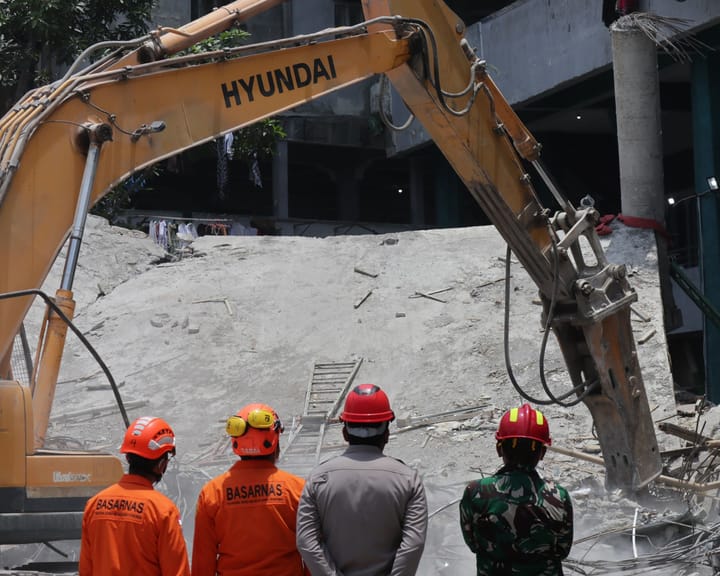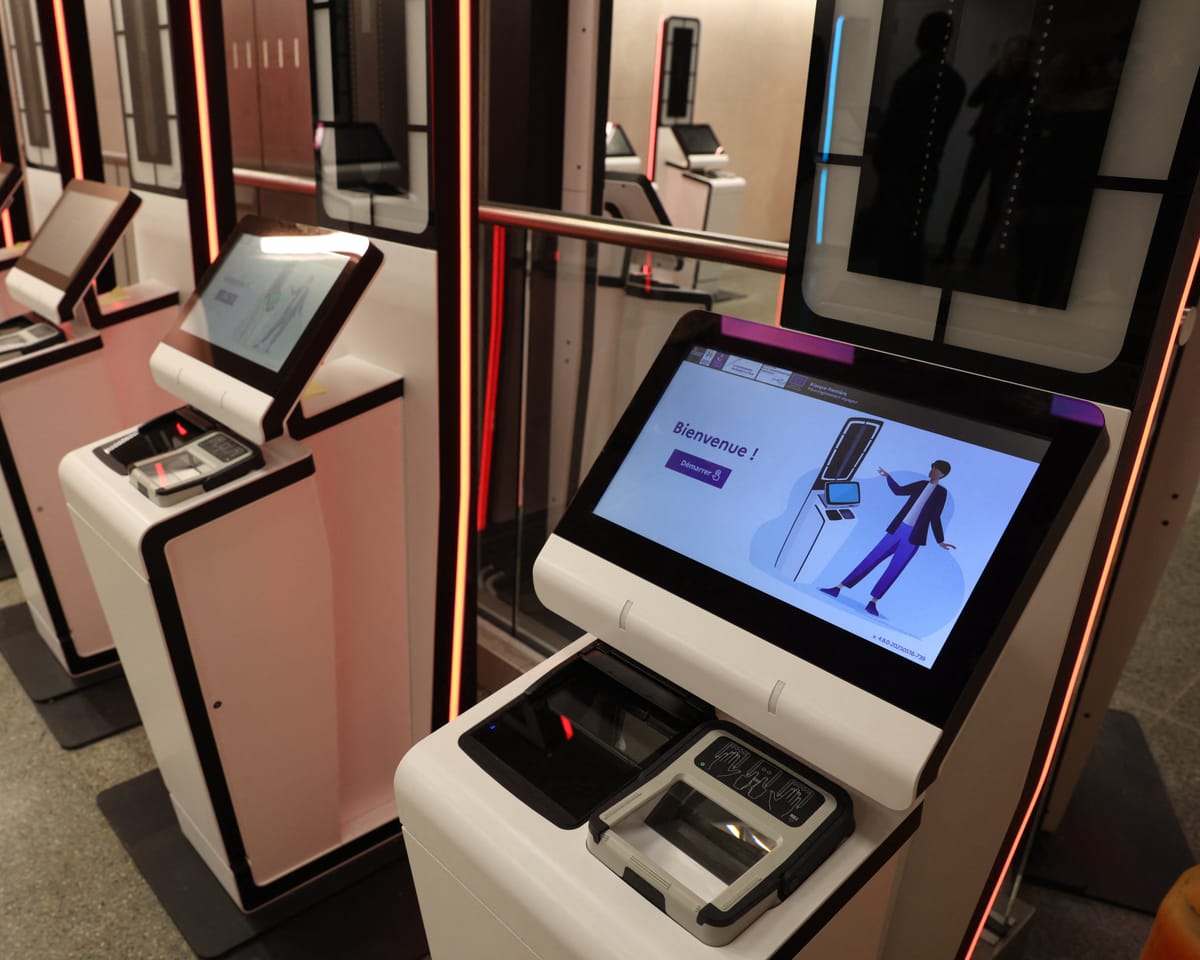To prevent border disruptions, the system will be introduced gradually, meaning passport stamping will continue for up to six months until EES is fully operational. Under the new rules, most non-EU or non-EEA travelers will have their fingerprints scanned and be photographed upon arrival in the Schengen zone.
Travelers will need to scan their passports and may also be questioned about accommodation, return tickets, sufficient funds, and travel or medical insurance, though not all borders will enforce these questions strictly.
Numerous scanning machines have been set up at airports and border crossings across Europe, following years of delays—the system was initially expected in 2022.
Major departure points, such as St Pancras International for Eurostar, have spent millions upgrading infrastructure to meet the new requirements. Increased processing times—especially for drivers and passengers who must exit vehicles for registration—have raised concerns about bottlenecks, particularly at Dover’s ferry terminal and, to a lesser extent, the Eurotunnel in Folkestone.
The UK government has prepared overflow sites in Kent to manage potential traffic congestion. However, fears of severe delays have eased as the rollout will be gradual. For the first month, only coaches and HGVs will undergo checks at Eurotunnel and Dover, and until January, only a small number of Eurostar passengers will need to register.
The European Commission stated that once fully operational, the system will make travel "smoother and safer," as databases will automatically flag irregularities for border officials. During the transition, EU nations will decide when and where to implement EES, ensuring smoother adjustments for authorities and travelers.
The UK government is maintaining close coordination with EU officials to monitor the rollout and has launched an awareness campaign for travelers. While individual checks may take up to two minutes, longer waits could occur at Schengen entry points.
Keir Mather, a UK transport minister, emphasized minimizing disruption, stating: “We’re working closely with European partners to keep border crossings running efficiently, especially at key transit points.”
Read next

"Indonesia school collapse: rescue efforts conclude with 67 fatalities"
Search Ends After Indonesian School Collapse Leaves Dozens Dead
Indonesian rescuers concluded their search on Tuesday for victims trapped beneath the rubble of a collapsed Islamic boarding school in East Java, after recovering more than 60 bodies, authorities confirmed.
The tragedy in the town of Sidoarjo struck last week when

"French PM makes last-ditch effort to save government as crisis deepens – Europe updates"
France's Political Standoff Continues as Prime Minister Seeks Cross-Party Support
France remains at a political stalemate as the outgoing prime minister, Sébastien Lecornu, makes a final attempt to gather support from rival parties for a new government.
President Emmanuel Macron assigned Lecornu, 39, to form a government in

"Macron calls emergency talks with parties to swiftly pick new PM"
Emmanuel Macron has called upon the leaders of several political factions to his office, urging them to demonstrate "collective responsibility" as he seeks to appoint a new prime minister amid growing political turmoil.
All parties except Marine Le Pen’s far-right National Rally, the largest opposition group, and

